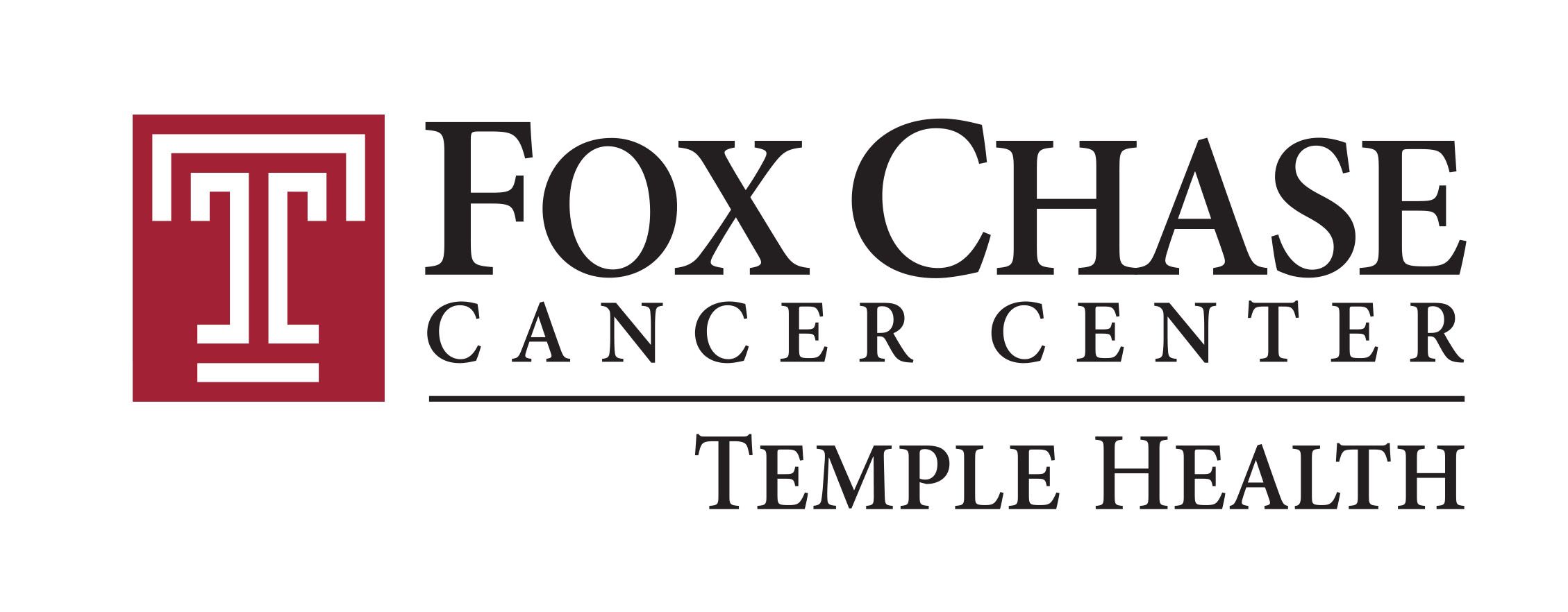- Advertise
- About OncLive
- Editorial Board
- MJH Life Sciences brands
- Contact Us
- Privacy
- Terms & Conditions
- Do Not Sell My Information
2 Clarke Drive
Suite 100
Cranbury, NJ 08512
© 2025 MJH Life Sciences™ and OncLive - Clinical Oncology News, Cancer Expert Insights. All rights reserved.
Dr. Borghaei on the Clinical Utility of PD-L1 in Advanced NSCLC
Hossein Borghaei, DO, MS, chief, Division of Thoracic Medical Oncology, director, Lung Cancer Risk Assessment, professor, Department of Hematology/Oncology, co-director, Immune Monitoring Facility, Lung Cancer and Mesothelioma TRDG member, and Gloria and Edmund M. Dunn Chair in Thoracic Oncology, Fox Chase Cancer Center, discusses the clinical utility of PD-L1 in advanced non–small cell lung cancer (NSCLC).
Hossein Borghaei, DO, MS, chief, Division of Thoracic Medical Oncology, director, Lung Cancer Risk Assessment, professor, Department of Hematology/Oncology, co-director, Immune Monitoring Facility, Lung Cancer and Mesothelioma TRDG member, and Gloria and Edmund M. Dunn Chair in Thoracic Oncology, Fox Chase Cancer Center, discusses the clinical utility of PD-L1 in advanced non—small cell lung cancer (NSCLC).
The combination of chemotherapy plus immunotherapy has become standard of care for patients who have PD-L1 expression <50%, irrespective of histology, according to the results of several phase III clinical trials.
For patients with PD-L1 expression ≥50%, chemotherapy plus immunotherapy can also be considered, particularly for patients who have significant disease burden. However, these patients can also consider pembrolizumab (Keytruda) monotherapy based on data from the phase III KEYNOTE-024 trial, which demonstrated a significant improvement in progression-free survival versus platinum doublet chemotherapy alone. Currently, there is no head-to-head comparison of pembrolizumab versus chemotherapy/pembrolizumab in patients with PD-L1 >50%, but those data may emerge in the future, concludes Borghaei.


